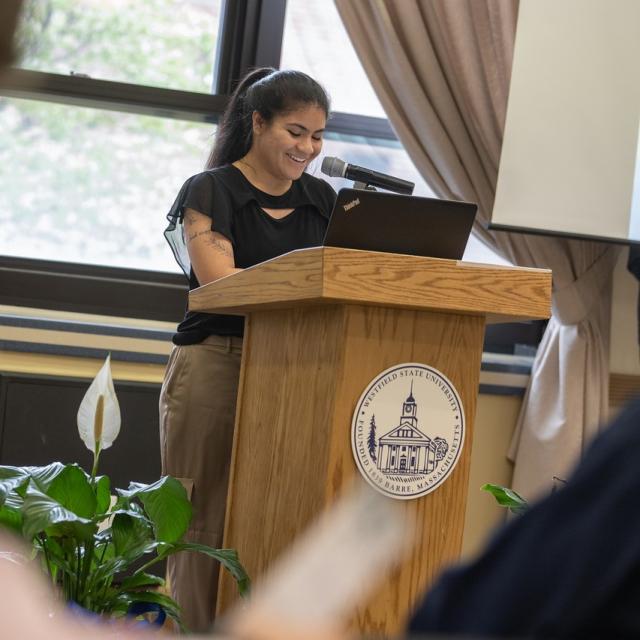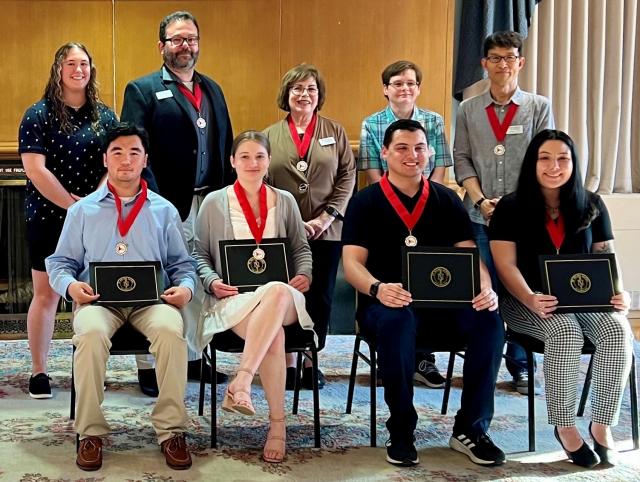
The Policy and Ethics minor at Westfield State University provides students with the tools to evaluate and influence public decision-making through the lens of both policy analysis and ethical reasoning. Designed to complement any major, this 18-credit program helps students develop a well-rounded understanding of how policies are formed, implemented, and assessed in relation to ethical standards and social responsibility. The curriculum includes three required core courses—American National Government or State and Local Government, American Public Policy, and Introduction to Ethics—which build a strong foundation in political systems and ethical theory. Students then choose nine elective credits from a wide range of courses, including Environmental Legislation, Communication Ethics, Economic Law, and other topics related to public policy and social justice. To encourage interdisciplinary learning, at least six credits must be taken outside the student’s primary field of study. This minor equips graduates with a multidimensional perspective that is highly valuable in careers related to government, law, public administration, advocacy, and nonprofit leadership.

